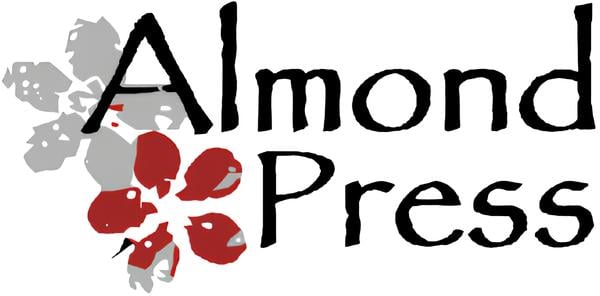Author Archive
Privacy Policy
Cookie Notice
Terms of Use
© Almond Press
As an Amazon Associate we earn from qualifying purchases.
Cookie Notice
Terms of Use
© Almond Press
As an Amazon Associate we earn from qualifying purchases.


